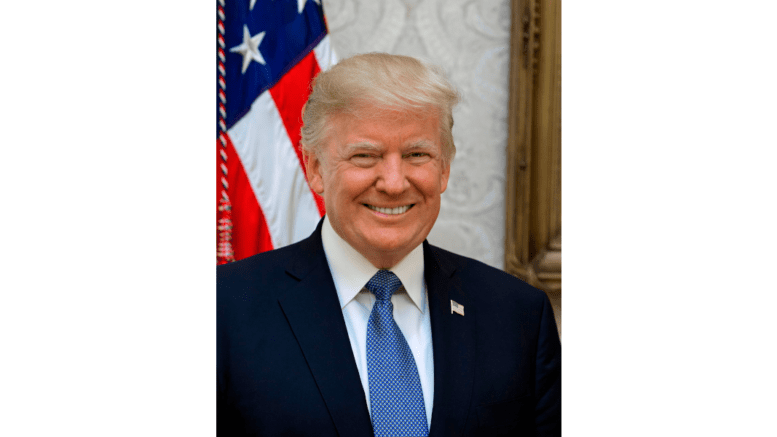by Jay Bookman, Georgia Recorder [This opinion article first appeared in the Georgia Recorder, republished with permission]
March 23, 2023
Let me ask a question, purely theoretical:
Should the justice system treat a former president of the United States just as it would treat any other American citizen?
As long as it’s just theoretical, the obvious answer is yes, of course. As Americans, we have no kings, no untouchable royalty. We are all equal before the law; we all have to be accountable for our actions. But what if the question ceases to be theoretical, as is happening now before our eyes? As the question moves from the realm of theory to the realm of the very very real, does the answer somehow change?
To some degree, yes it does. To some degree, the obvious answer to the theoretical question becomes the wrong answer to the real-life question.
In real life as we are living it, you cannot and should not treat a former president like any other citizen, because a former president is not just any other citizen. Indicting a former president has profound political implications. It can cause tens of millions of Americans to question the basic fairness of the justice system. As a prosecutor, if you’re going to indict a former president, you need a higher certainty of conviction than in other cases. You cannot and should not proceed because you think you have a strong case. You need to know with a high degree of certainty that you have a strong case. You’re not merely putting an individual on trial, you’re putting the entire justice system on trial. Your jury is not merely the 12 people selected from the jury pool; your jury is, to some degree, all of us. Your jury is history.
None of that means that former presidents ought to be immune from prosecution. If they acted criminally, in public or in private life, they can and should be accountable. But the plain truth of the matter is that if you bring a criminal case against a former president and you lose, the implications of that loss will be profound, not just to your reputation and that of your office, but to the country as a whole. It would be irresponsible, and also impossible, to try to treat such cases like any other case.
We don’t know the evidence against Donald Trump that is being weighed by Manhattan District Attorney Alvin Bragg, by Fulton County District Attorney Fani Willis, or by U.S. special counsel Jack Smith. The indictment decision that Willis described as “imminent” two months ago has yet to be made, suggesting that Willis is treating it with the gravity it deserves. Smith’s twin investigations – one into Trump’s attempt to stay in office despite losing the election, the second into Trump’s subsequent attempt to steal and conceal classified documents – have played out largely behind closed doors in secret legal proceedings that in the end may redefine our understanding of constitutional law and the separation of powers.
Trump’s apparent decision to secretly defy a subpoena demanding return of all classified documents, and to enlist his attorneys as witting or unwitting allies in that concealment effort, is probably the most clear-cut case against him. In recent days, a federal judge and an appellate court have both ruled that there’s enough evidence of a crime by Trump to justify piercing attorney-client privilege and force Trump’s attorneys to turn over notes and other documents.
The Manhattan case, involving Trump’s $130,000 payoff to a porn star during the 2016 election, is the least consequential of the three but perhaps the closest to a decision. That timing is unfortunate, given the overwhelming importance of the other two investigations. The question for Bragg is not merely whether he can bring an indictment; it is whether he should.
Georgia Recorder is part of States Newsroom, a network of news bureaus supported by grants and a coalition of donors as a 501c(3) public charity. Georgia Recorder maintains editorial independence. Contact Editor John McCosh for questions: info@georgiarecorder.com. Follow Georgia Recorder on Facebook and Twitter.
